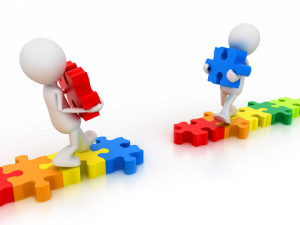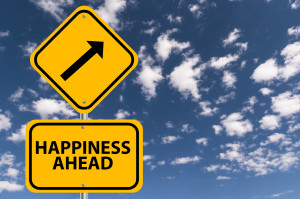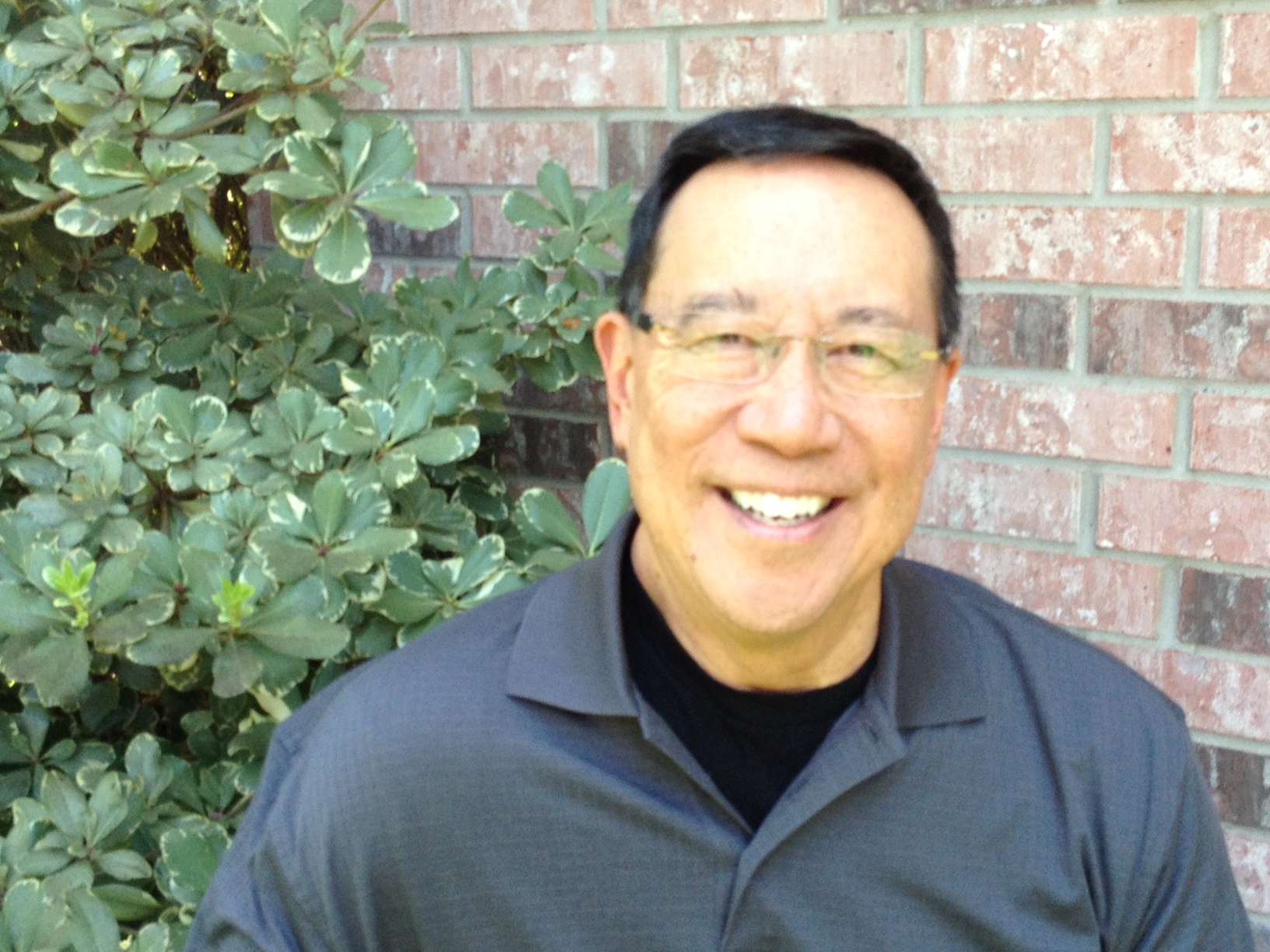Last week, I was in Houston, practicing skills of bridge building and teamwork with great people in 104°temperatures. It reminded me of West Point’s summer training, just completed by the strong Class of 2019. I remember the high heat and sapping 90% humidity while being hampered by two months of food deprivation. Absent were the easy West Coast climes of my childhood. This New York summer had simply become moving One Boot At a Time. Legs in deep fatigue, lungs wheeze, backs ache, and it all seems uphill. Sweat stings the eyes and streams like the water which we carry but are not permitted to drink. Instead, we down salt tablets (Science hadn’t yet figured out that this could kill a person). The M-14 rifle weighs 9.1 pounds without the magazine; at the 10-mile, steep, up-strike mark, it feels like the decimal point dropped out. I’m a 17-year old asking, “Are we there yet?” I’m trying to survive. Teamwork? Good luck with that!
Despite ten years of earlier YMCA coaching in boxing, track, and long-distance swimming, I harbor a fondness for isolation and quitting when it gets tough. I want desperately to stop for a little water. I stumble and almost pitch into a ravine: wow – the ravine looked inviting. My weaknesses tempt: “you’re special and unique and deserve a break today! Stop and steal a sip from your canteen!” But if I do, I’ll trigger a centipede-like recoil through the column, causing the suffering stragglers at the rear to double-time to close the gap. I don’t care. I’m uncomfortable! I’m in the grip of what St. Augustine called INCURVATUS IN SE – my fierce instinct to protect my own needs.
A sudden and loud crash of metal and skidding, skinned flesh, and a cry of pain: an exhausted buddy has fallen on the trail and is sliding downhill. He’s one of the less popular guys, a complainer who gives voice to what I feel. I think: MAYBE NOW I CAN STOP. A squad mate named Bob Lorbeer quickly grabs the guy, lifts him up and smiles as if we’d been playing Catch. Cadre sprint forward to help as the column keeps marching. “You can do this, Buddy,” says Bob, slipping the guy’s 91-pound rifle on his own free shoulder – Bob now has two rifles. “You’re good to carry your pack. But I can take it. I’ll be right here.” The buddy nods – he can do it. Bob helped everyone.
Magically, on seeing this, the sour lactic acids in my legs evaporate. Cool air relieves my breathing. My back, the heavy pack, and steel pot feel fine. I’m not thirsty. Bob’s moral example has inspired me, and that inspiration has removed my physical complaints. Bob’s type of attitude and action was what I was supposed to practice in the hard black mountains of West Point. I wasn’t supposed to serve my comforts; I was to build moral fiber, to grow my wishbone into a backbone, to practice ancient disciplines of responsibility and accountability, to bridge-build and demonstrate truly generous teamwork without internal carping. West Point had poured a code into our DNA that said we should care for others more than for ourselves.
Truly, I do wish you genuine “good luck with that” in your summer training.





